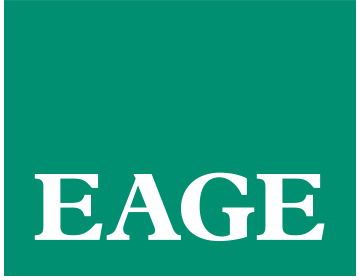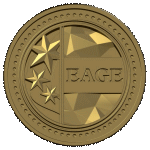The world of energy is changing, seismic interpretation becomes more and more crucial to explore and understand the underground. The aim of the EAGE Seismic Interpretation community is to share know-how, experience, expertise of seismic interpreters and also focus on latest technologies, algorithms computational power, artificial intelligence and data analysis, which are at the confluence of this complex discipline today, both for conventional E&P and the emerging new energy transition.
This community is open to members in all stages of their career.
Are you interested in being part of the EAGE Seismic Interpretation Community? Update your Affiliations now!
Activities
- Local events and collaborations
- Contributions to EAGE events and events on the topic
- News and vacancies
Committee
The community is coordinated by a Committee that serves for a period of two years. The current Committee is serving the 2021 – 2023 term.
| Name | Company / Institution | Country |
|---|---|---|
| Alessandro Mannini | Beach Energy | Australia |
| Anastasiia Jacobsen | Earth Science Analytics | Norway |
| Anita Torabi | University of Oslo | Norway |
| Brian Eslick | Total | France |
| Cyrille Reiser | PGS | United Kingdom |
| James Lowell | Geoteric | United Kingdom |
| Julia Sysoeva | Shell | Norway |
| Nicolas Daynac | Eliis | France |
| Rutger Gras | Independent | Netherlands |
| Trisakti Kurniawan | Petronas | Malaysia |
| Victor Aarre | Schlumberger | Norway |
Would you like to take an active role within the Association? Discover all our volunteering opportunities!
Other questions or ideas?
Update your affiliations
Connecting with professionals who share similar interests – such as the members of the Seismic Interpretation Community or the Oil & Gas Geoscience Circle – is key in promoting innovation and technical progress. That’s why we invite you to update your EAGE affiliations to Local Chapters, Circles, Technical and Special Interest Communities. This will help you stay connected with fellow members and ensure our offerings meet your needs.


